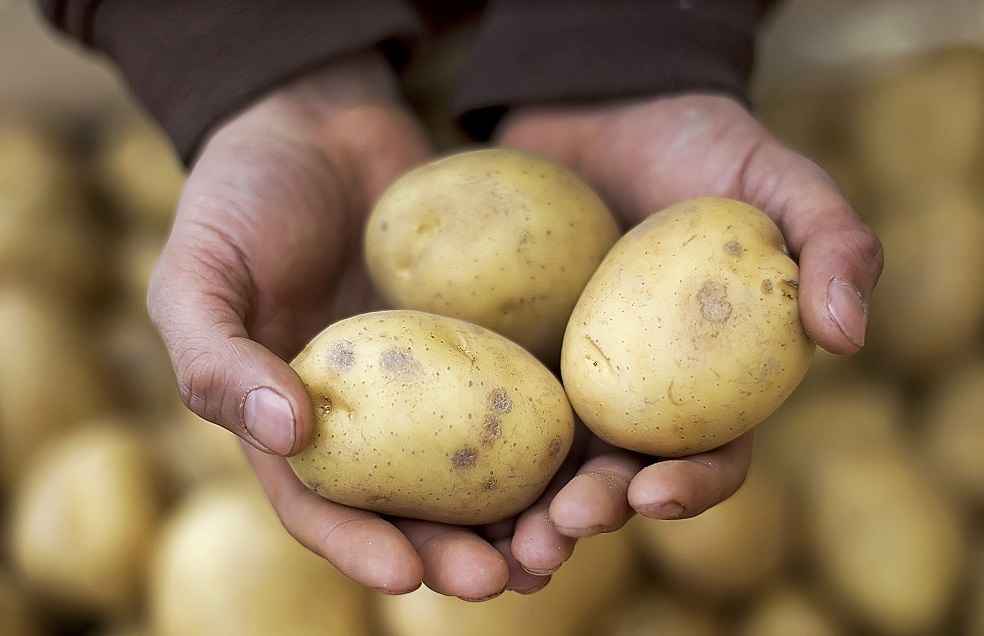The Kazakh Ministry of Agriculture has banned potato exports to non-Eurasian Economic Union (EAEU) countries for six months. Announced in a statement released on Sunday, the decision, effective immediately, aims to stabilize domestic potato prices.
The ministry attributed the move to a significant surge in potato exports, which have increased by 1.5 times this year due to heightened demand from neighboring countries and higher export prices. This surge has placed pressure on local markets, leading to concerns about potential price hikes and market instability.

The export restriction will not apply to trade within EAEU member states, allowing regional trade to continue uninterrupted. The ministry emphasized that the current domestic potato reserves, exceeding 850,000 tons, are sufficient to meet national demand until the early 2025 harvest. Additionally, the 2024 harvest yielded 2.9 million tons, underscoring the country’s robust agricultural output.
Kazakhstan plays a pivotal role as both a consumer and producer of potatoes in Central Asia. The nation’s extensive agricultural tradition is bolstered by its diverse climate, extensive arable land, and the adoption of modern farming practices, including advanced irrigation systems and mechanized farming techniques.

Potato cultivation in Kazakhstan is concentrated in key regions such as North Kazakhstan, Akmola, Karaganda, and East Kazakhstan, which benefit from favorable soil conditions and adequate water resources. Both large-scale commercial farms and smallholder producers contribute to the sector’s stability, with a wide variety of potatoes grown across the country.
LATEST NEWS | Indonesia Wins WTO Case Against EU, Advancing Palm Oil and Energy Sovereignty



